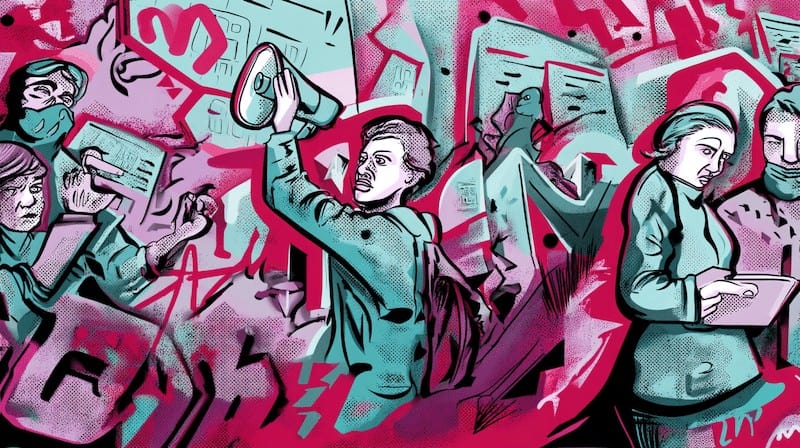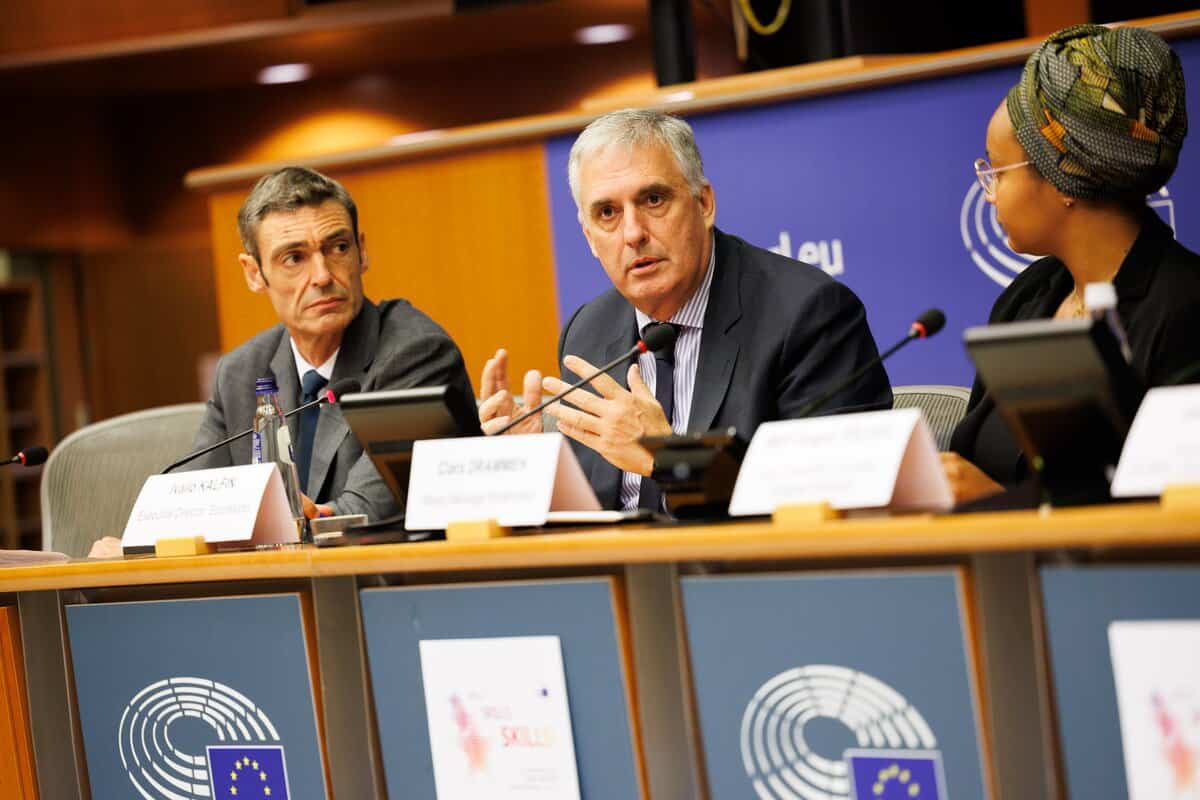
The Rise and (Likely) Fall of Wokeness
Woke culture emerged from elite shifts in identity politics, abandoning the economic roots of social justice.
Social Europe is an award-winning digital media publisher driven by the core values of freedom, sustainability, and equality. These principles guide our exploration of society’s most pressing challenges. This archive page curates Social Europe articles focused on societal issues, offering a rich resource for innovative thinking and informed debate.

Woke culture emerged from elite shifts in identity politics, abandoning the economic roots of social justice.

Financial insecurity destroys lives. Slashing disability benefits isn’t reform—it’s cruelty disguised as cost-saving.

As America’s global appeal diminishes amid domestic turmoil, Europe emerges as a beacon of stability and cultural leadership.

A new breed of conservative has emerged, one that paradoxically seeks radical change by yearning for a mythologised past.

The rapid development of new technologies is increasing pressure and forcing unlimited working time and growing stress among many workers across Europe.

Inequalities in cancer prevention and care remain a glaring issue.

Solar and wind are now cheaper than fossil fuels, but...

Rising inequality drives a global surge in cosmetic procedures.

Can Europe’s education and skills agenda tackle declining outcomes and innovation gaps to ensure competitiveness and cohesion?

The European Foundation for the Improvement of Living and Working Conditions (Eurofound) celebrates its 50th anniversary this year.

Amid crises, breakthroughs at the G20 and UN offer hope for global cooperation and fairness.

Spain's new labour measures could set the perfect precedent for protecting workers.

Australia’s social media ban for under-16s ignites debate on shielding kids from Big Tech.

A new EU agenda prioritizes security, but at what cost to social justice and climate action?